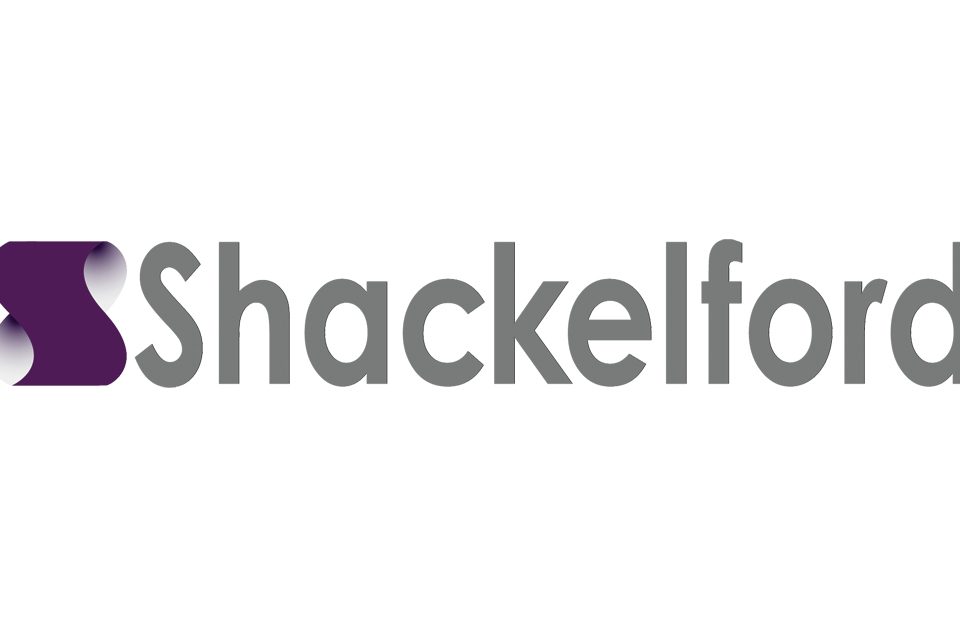A recent FAA enforcement action against a Part 135 air carrier demonstrates the unavailability of a stale-complaint defense when the allegations against the air carrier disclose a pattern of regulatory non-compliance. In Administrator v. Aero Leasing, Inc., the FAA initiated emergency proceedings against Aero Leasing to revoke its Part 135 air carrier certificate for lack of qualification. The FAA alleged multiple violations of the FAR’s going back more than a year including Aero Leasing’s failure to maintain operational control with a qualified person and its failure to follow its own operating specifications and regulatory procedures.
At the hearing, the ALJ found violations of FAR sections 135.25(a)(2), 135.87 and 119.5(l) and dismissed alleged violations of FAR sections 119.69(1) and 119.69(3). However, the ALJ did not make any express findings as to the allegation that Aero Leasing failed to maintain operational control. The ALJ also reduced the sanction assessed against Aero Leasing from revocation of its air carrier certificate down to a 120-day suspension of its certificate. Both Aero Leasing and the FAA then appealed the ALJ’s decision to the full Board.
On appeal, Aero Leasing argued that the ALJ should have dismissed a number of the violations based upon its stale-complaint defense because the alleged violations occurred more than six months before the enforcement action. The Board disagreed and affirmed the ALJ’s earlier decision that the FAA’s “complaint, taken as a whole, alleges facts sufficient to support the Administrator’s allegation that respondent lacks the qualifications necessary to hold an air carrier certificate.” Under Board precedent, the stale-complaint rule does not bar allegations of lack of qualification even if they are based upon violations that occurred more than six months prior to the enforcement action. The Board stated that “[i]n the best light, such allegations raise issues of competence, and, at worst, they depict an organization that does not respect FAA operational requirements.”
Additionally, the Board reversed the ALJ’s sanction in reliance upon his own statements that Aero Leasing’s conduct was “sufficient to show at least a propensity to ignore regulatory requirements in the provisions of the Company’s own Operations Manual and operations specifications when it is convenient for the Company or inconvenient to observe them,” and that its conduct demonstrated “a callous disregard for regulatory compliance [with] its own FAA approved operating procedures.” The Board added its own observations that “[u]nder our case law, revocation is the requisite remedial measure for a demonstrated lack of qualification” and “it is well-settled that a demonstrated disposition to flaunt or ignore important safety regulations is a proper basis for certificate revocation.”
In the end, the Board felt that Aero Leasing’s violations of the FAR’s were significantly willful and, based upon Board case law, justified revocation.



